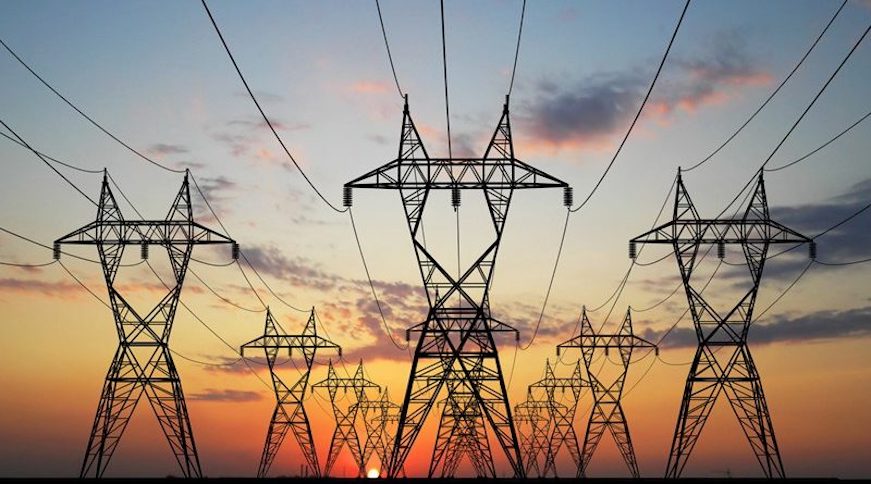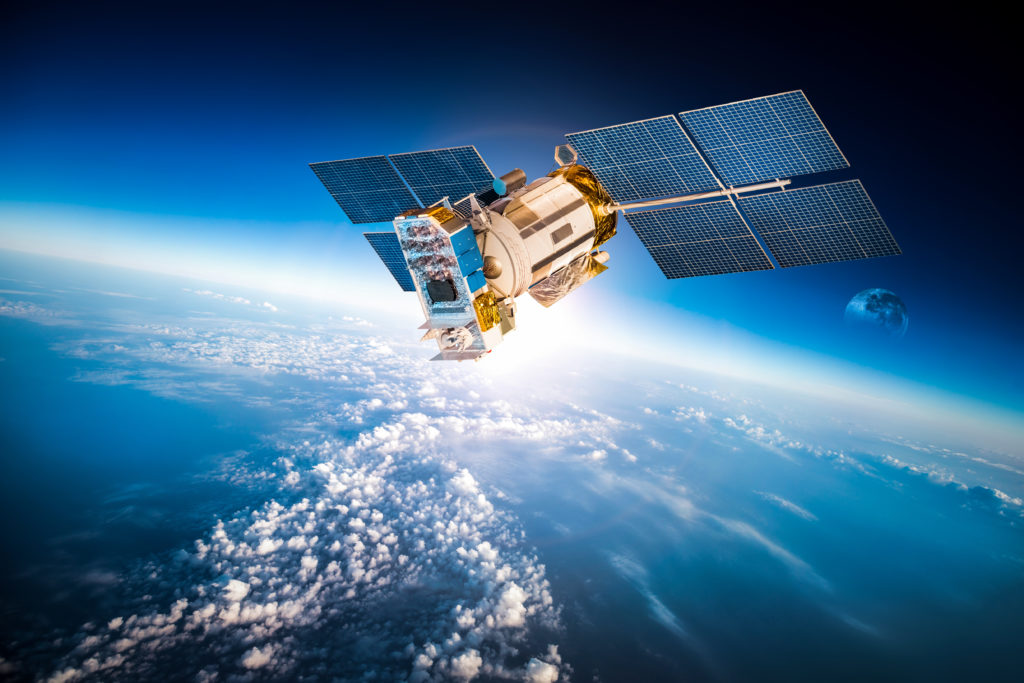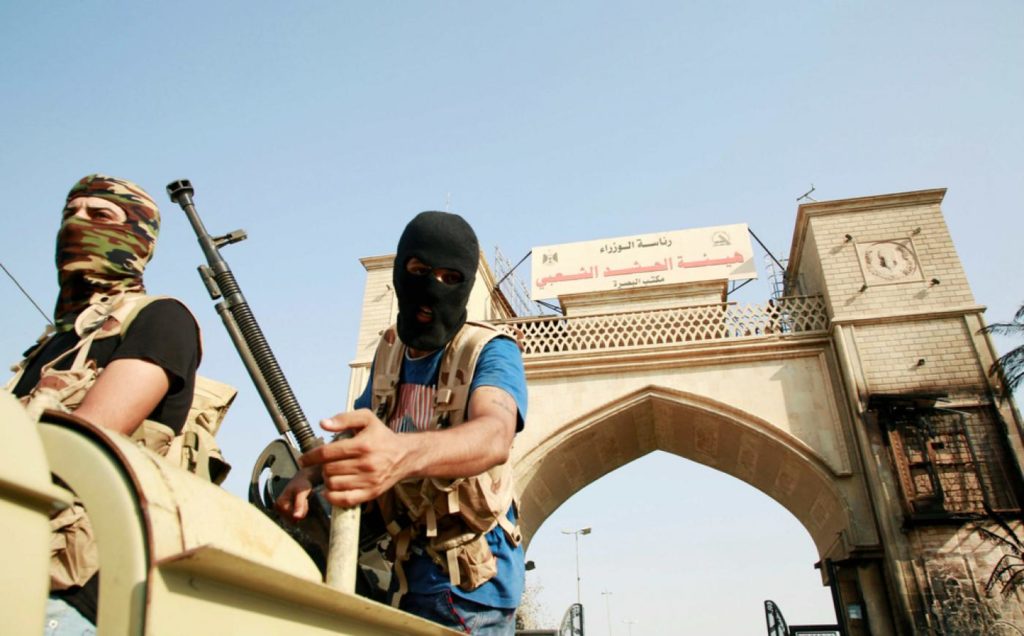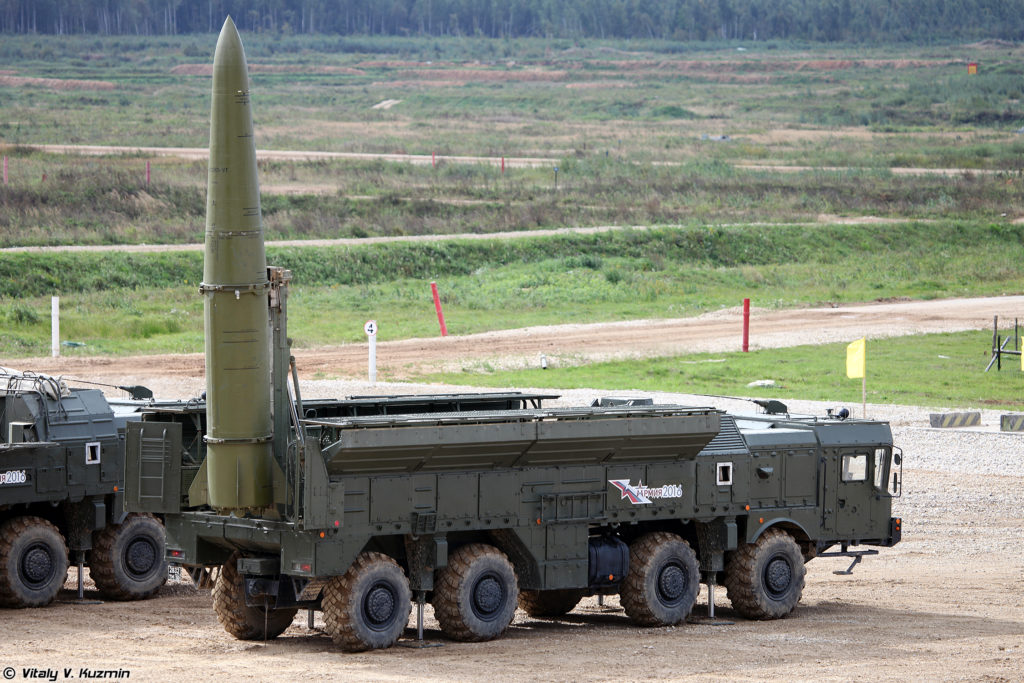Energy Security
Massimo Nicolazzi

Once upon a time energy security was achieved through military control; in fact, the British army conveniently forgot that World War I was over and kept marching until it reached the (presumed) oil reserves in Kirkuk.
Successively it was mostly American security, with the US producing in the 30’s even more than 70% of global production, World War II being fought effectively between the Haves (petroleum) and the Have Nots (the Axis), with the Oil Majors granting the integration of Middle East production into the American system.
The year 1973 marked the first big shock. Producing countries had become independent; while the USA and the West truly dependent on their oil. Hence a security paradigm i.e. the security of being supplied and at affordable prices. In other words, and with a bit of historic irony, a sort of bill of rights of the importers.
However, that paradigm may become quickly obsolete. The present market has on the one hand increased importers’ freedom and on the other resources’ rent has diminished freedom from the producers; thus the age of supply abundance has further penalised the supply side.
Market first. Oil transportation being an immaterial cost, the market gets liquid. To quote the oil economist Morris Adelman, “The oil market, like the ocean, is a great pool”. Replaceability of the producer, unless refining constraints are taken into account, is de facto granted and trading at open prices rules out price any fixing by the producers. The posted price system has gone; market price defines per se “affordability”. Furthermore, the decrease of energy intensity in productive process makes the West further resilient to potential price spikes.
Resources rent comes second. Since exporters are more and more dependent on oil price for their budget (therefore for their welfare and their ability to prevent or at least contain social unrest), the consequence is that they have lost the freedom to withhold sales. So, the old West’s nightmare of embargoes is just a (false) memory. The last attempt by Venezuela ended up almost in mockery, just confirming that embargoing today is an importer and not a producer game. Iran is an excellent case in the matter.
Last but not least, abundance. The more recurrent problem with oil is that there is too much of it. The pandemic may hopefully be temporary; but gas prices had collapsed well before and the oversupply of oil dates back to 2014. Abundance has meant a demand driven market and immunity from current outages (we cancelled Libya and Iran from the market, and the price did not bulge).
Market and abundance have thus somehow depoliticised the security issue. The favourite argument within some Atlantic communities was traditionally to cry wolf due to the security threat involved by the EU “dependency” from Russian gas. Now we are discovering that the dependence was (also) a price signal and we kept buying more just because it was cheaper.
As soon as Asian markets crashed, LNG started sailing to Europe; and in 2020 we have had months when EU has imported significantly higher volumes of LNG than Russian pipeline gas. If one considers that, due to current price mechanisms, Russia pipeline gas is a price taker and not a price maker, the wolf may look much more manageable.
The emphasis shifts then from security of supply to security of infrastructure, including (as the future will be more and more electric) security of the grid. The ability to secure energy flows irrespective of potential outages and the prevention of outages via technologic or traditional security.
Prevention may however not be ever successful. Plan B is that if you cannot prevent outages, be they technical or political, you should then prevent them from being disruptive. The mantra since 1973 has been “diversification of supply” i.e. more suppliers = less risk. The implied focus was on the potential for political outages, while technical problems were left to the individual nation States to cope with.
However, since then national grids and networks on the European side of the Atlantic were gradually integrated (and integration with its inbuilt flexibility is an important security factor) and during the same period there were no major disruptions due to “political” outages. For instance, in Italy the biggest disruption ever has been a day-long electric black out in September 2003; not a terrorist act, just a couple of Swiss trees falling over the electric cables connected to Italy.
Some broader standard could then be introduced, like shifting from diversification of supply to the provision of a quantum of redundancy. To tackle emergencies the first remedy is having reserves in stock (gas storage, batteries, etc.) and/or having built in the system a substantial transportation and distribution overcapacity and/or an increase of the electric grid resilience. The quantum of security becomes almost an inverse function of the load factor of the system.
Redundancy is not for free and therefor security becomes mainly a cost issue. It is basically the substitute for an insurance policy and since a total insurance will never be feasible, someone has to decide the quantum of insurance to be factored in the system. Whoever it may be, a preliminary talk with the taxpayer is advisable; after all we are dealing with public money.

Massimo Nicolazzi
With almost 35 years of experience in the hydrocarbon sector, Massimo Nicolazzi worked for Eni and Lukoil before being appointed CEO of Centrex Europe. Today he is Chairman of Centrex Italia SpA and Senior Advisor of ISPI’s Energy Security Program. He has written several publications and he is member of the Italian Geopolitical Magazine “Limes”.




